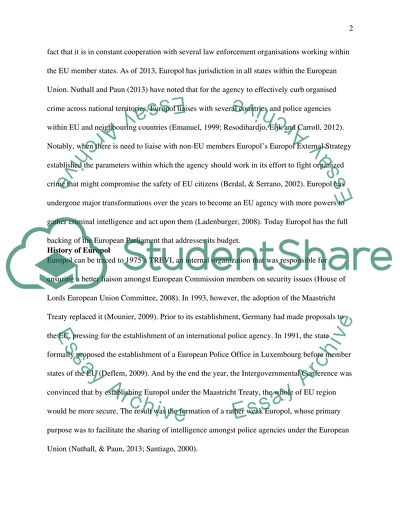Cite this document
(“Research one of the European Union's agencies ( Europol ). Critically Essay”, n.d.)
Research one of the European Union's agencies ( Europol ). Critically Essay. Retrieved from https://studentshare.org/law/1496096-research-one-of-the-european-unionyies-agencies
Research one of the European Union's agencies ( Europol ). Critically Essay. Retrieved from https://studentshare.org/law/1496096-research-one-of-the-european-unionyies-agencies
(Research One of the European Union'S Agencies ( Europol ). Critically Essay)
Research One of the European Union'S Agencies ( Europol ). Critically Essay. https://studentshare.org/law/1496096-research-one-of-the-european-unionyies-agencies.
Research One of the European Union'S Agencies ( Europol ). Critically Essay. https://studentshare.org/law/1496096-research-one-of-the-european-unionyies-agencies.
“Research One of the European Union'S Agencies ( Europol ). Critically Essay”, n.d. https://studentshare.org/law/1496096-research-one-of-the-european-unionyies-agencies.


